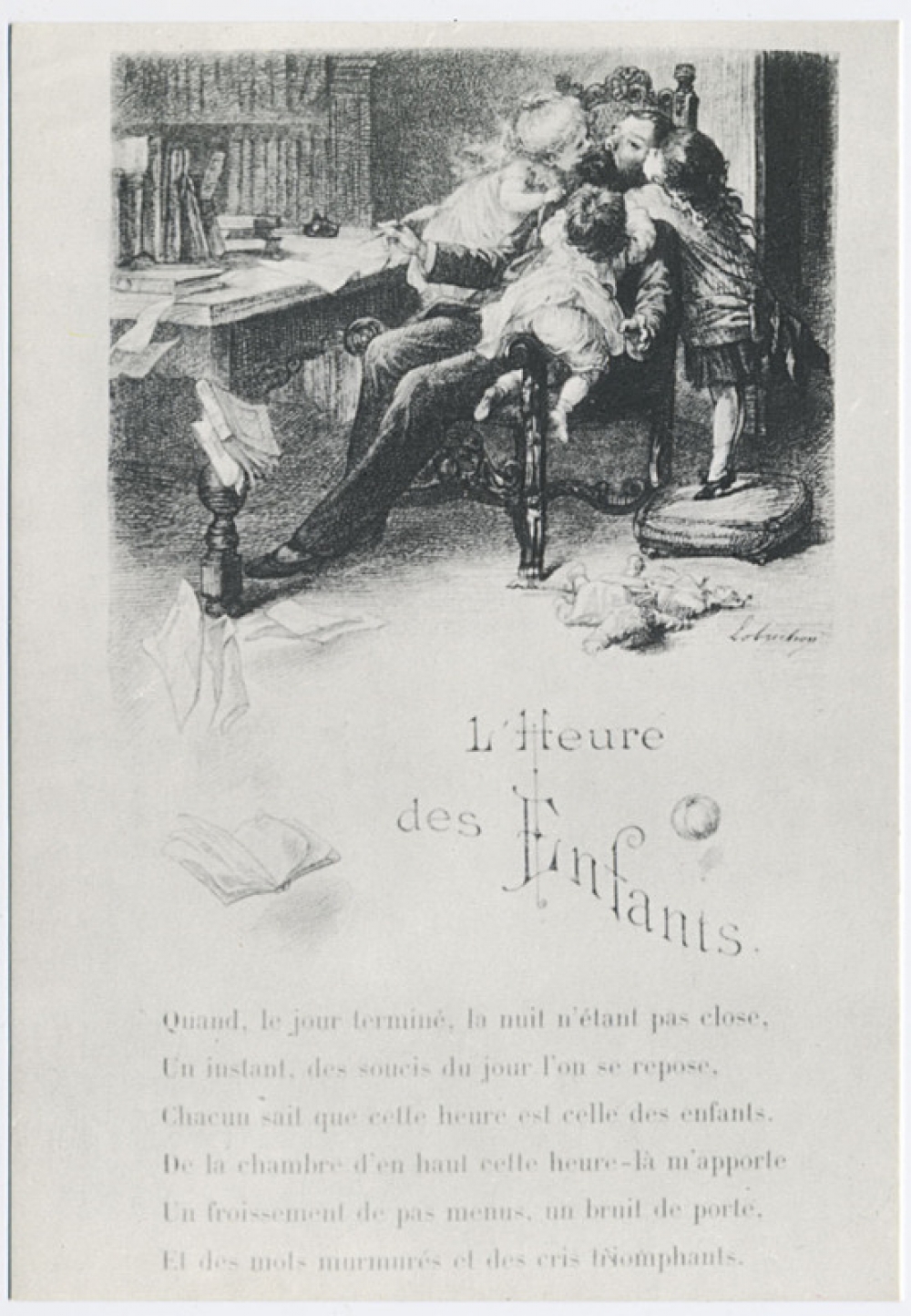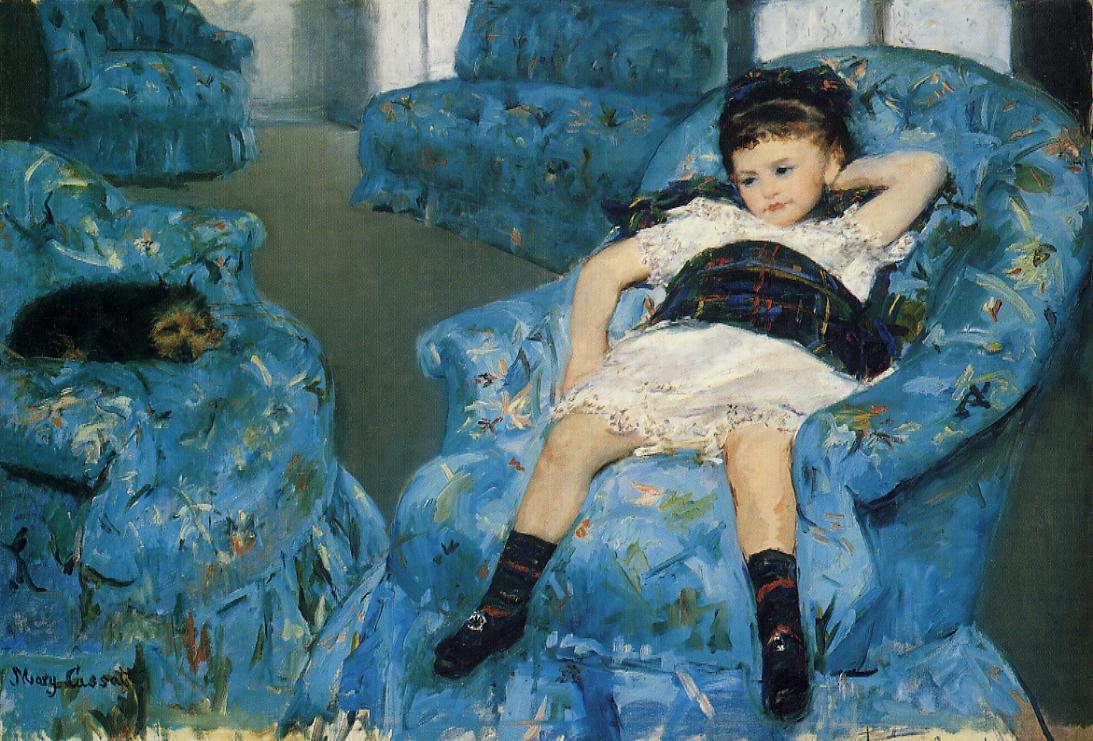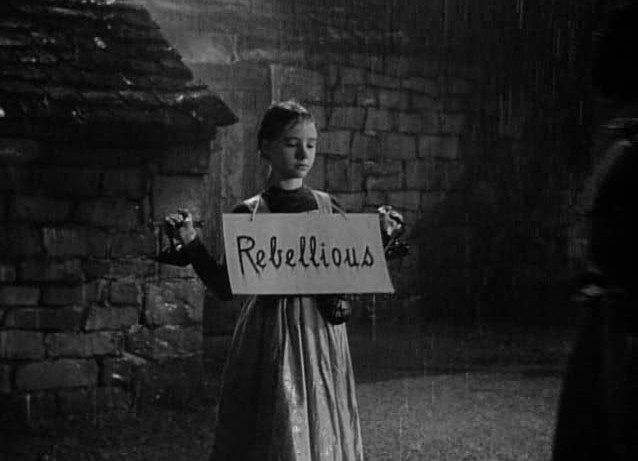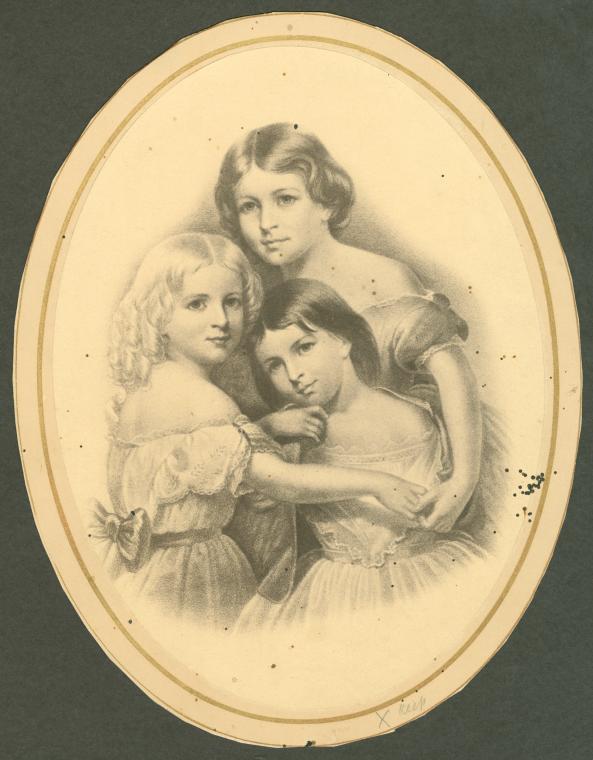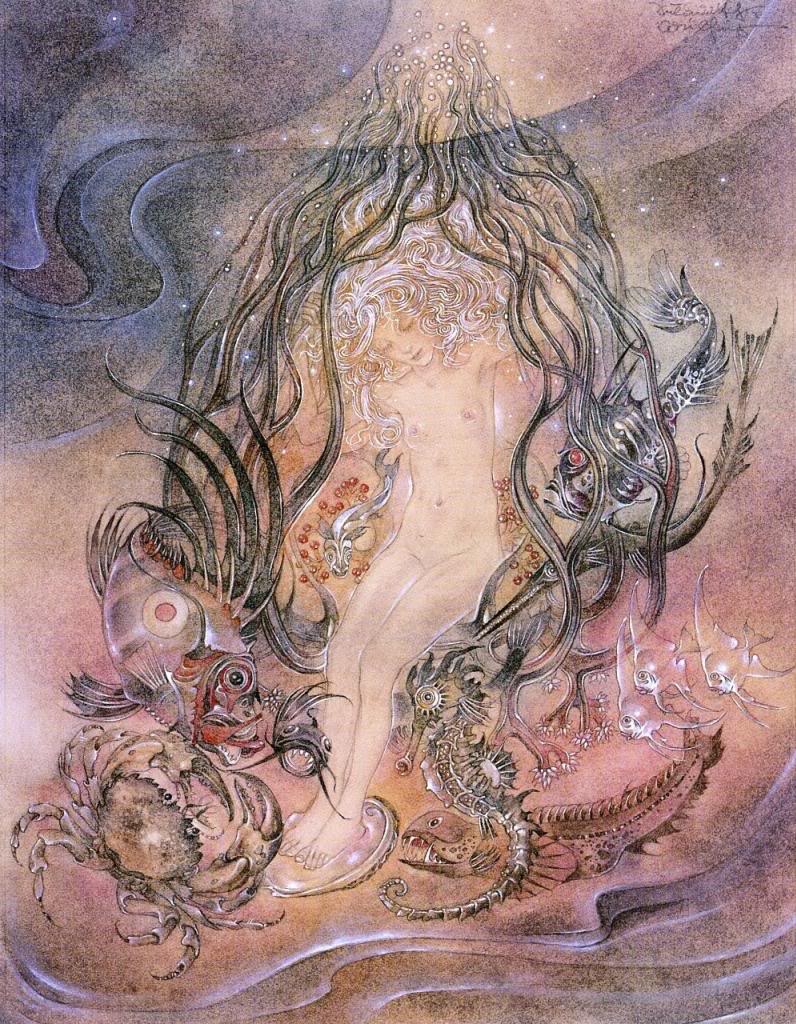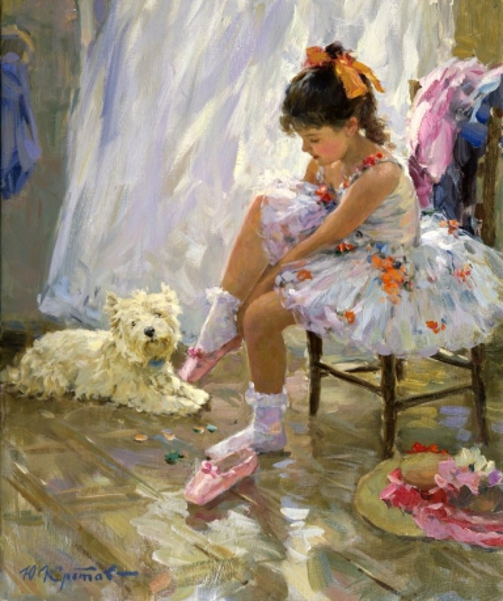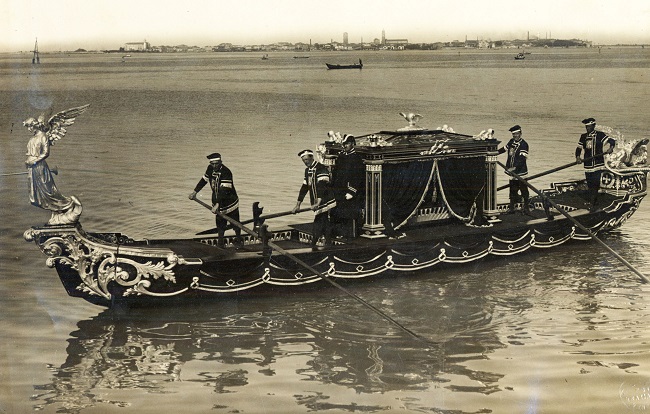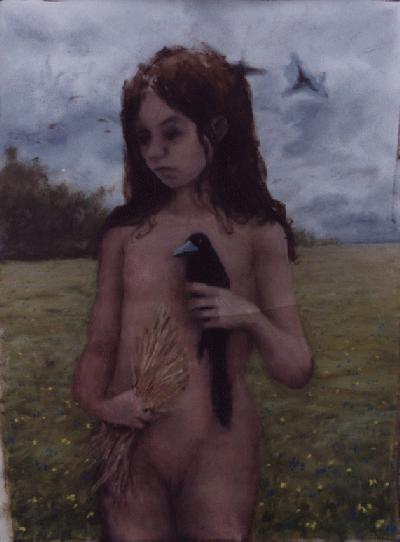Romances between teachers and their adolescent pupils must be frequent, and indeed they are the topic of many popular songs.
The British rock band The Police released in September 1980 the song “Don’t Stand So Close To Me,” written by their lead singer Sting, as the lead single from their third album Zenyatta Mondatta. It won the 1982 Grammy Award for Best Rock Performance by a Duo or Group with Vocal. It is about the temptation of a love affair between a schoolgirl and her teacher, “This girl is half his age” and the song alludes to “That book by Nabakov” (I keep the bad spelling). Before joining The Police, Sting had previously worked as an English teacher, and he had noticed 15-year-old girls fancying him. CONTINUE READING / CONTINUER LA LECTURE…


